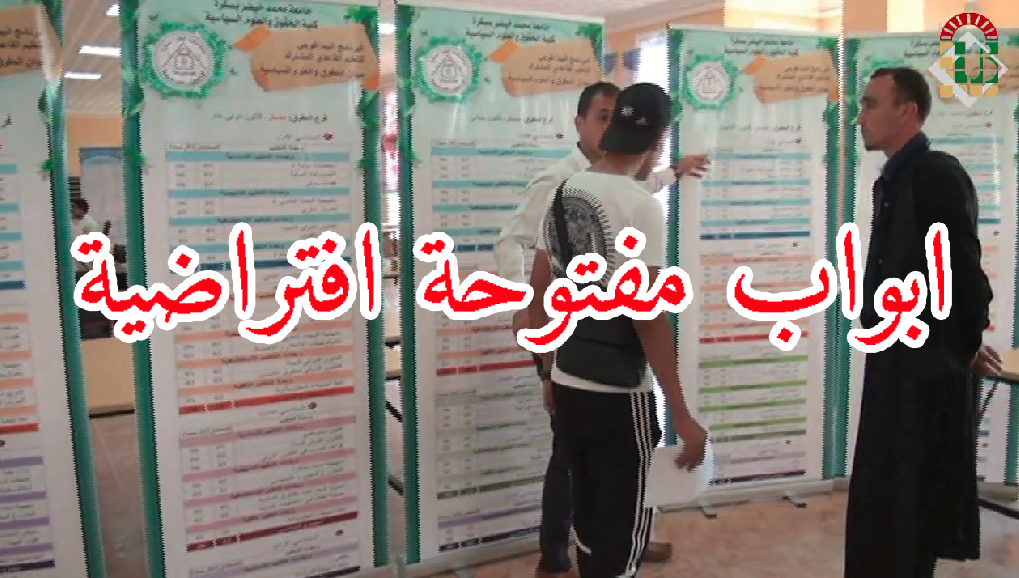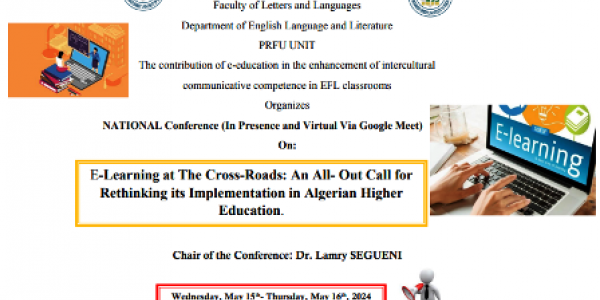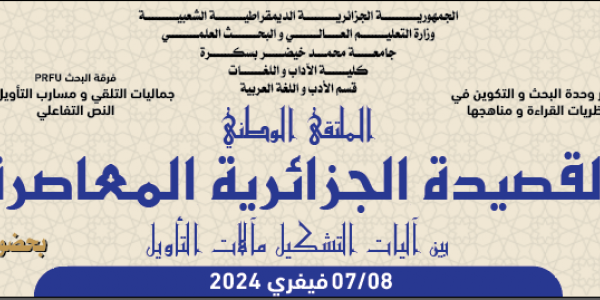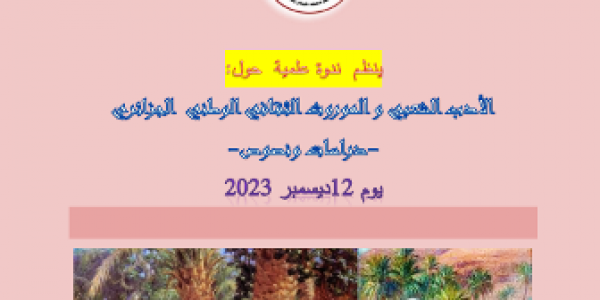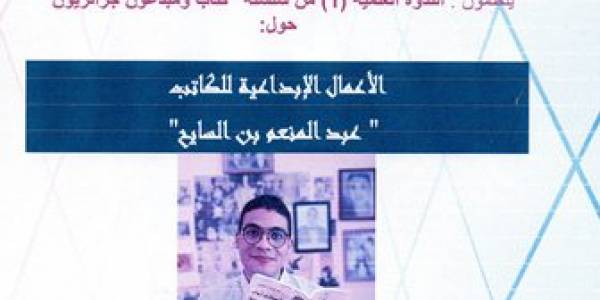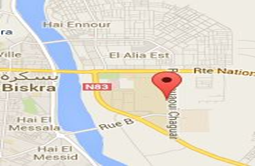|
Number
|
the participants
|
Abstracts of the
Mapping (In)Security Conference Schedule April 26-27
|
download
|
|
01
|
Adi Faten
|
Racial Violence and Prejudice as Sites of Insecurity in William Faulkner’s “Dry September” (1931)
|
 |
|
02
|
Hana Aissaoui
|
Questioning Identity in James Joyce’s A Portrait of the Artist as a Young Man (1914) and Yasmina Khadra’s Ce que le jour doit à la nuit (2008): A Cross-Cultural Study
|
 |
|
03
|
Ms. Assasla Karima and Dr. Kerboua Salim
|
The Australian Aborigines: Pre-colonial Belonging, Colonial and Postcolonial Exclusion and Cultural Insecurity.
|
 |
|
04
|
BEN ABIDA Salima |
Inner Darkness and Despair as a Manifestation of the Enigmatic Psychic and Cultural Insecurity in Tayeb Salih’s Season of Migration to the North |
 |
|
05
|
Noureddine Bendouma & Salim Kerboua |
Masculine Insecurities in Nikolai Gogol’s The Nose |

|
|
06
|
Ahmed Bouchemal |
Algerian Cinema and the Screening of Terrorism: Representations of In/Security in Yamina Bachir’s Rachida (2002) |

|
|
07
|
Mme BOUTAMINE Leila. – M. MANAA Gaouaou |
L’impact de l’insécurité linguistique sur les compétences orales des étudiants en classe de FLE |

|
|
08
|
Bouterra Bochra |
Overcoming Postcolonial Insecurities: The Biafra Civil War Causalities and the Woman Metamorphosis in Chimamanda Ngozi Adichie’s Half of a Yellow Sun. |

|
|
09
|
Chetioui Othman
|
The plight of immigrants in booming industrial Chicago in Upton Sinclair' s " The Jungle" |

|
|
10
|
Ahmed Debdouche |
Of a Gated Community: Narrating Insecurity in Octavia E. Butler’s Parable of the Sower (1993) |

|
| 11 |
Dib Fatima Zohra |
The Burden of Being an Arab/Muslim in Post 9/11 America: Laila Halaby’s Once in a Promised Land (2007) . |
 |
| 12 |
Abdellatif DJEDEI 1 / Dr. Salim KERBOUA 2 |
RETHINKING THE GOALS OF US GLOBAL WAR ON TERROR IN THE SAHEL: DETER OR DEFEAT? |
 |
| 13 |
GHEDEIR BRAHIM Mohammed |
Multilingualism and the Question of Social Security in Algeria |
 |
| 14 |
Ghezzal Sihem |
Issues of Ethnic Tribes in Central Africa: Case of Indigenous Forest People |
 |
| 15 |
Dr.Houria Mihoubi |
Postcolonialism and Security Studies |
 |
| 16 |
Kherif Sonia |
Between the “Self” and the “Other”: In/Security in Chimamanda Ngozi Adichie’s Half of a Yellow Sun |
 |
| 17 |
Dr Amel KHIREDDINE |
Trauma and Insecurity in Hanan al-Shaykh’s The Story of Zahra (1980) |
 |
| 18 |
Dr. Hesna Laboudi |
The Color Line Syndrome in Toni Morrison’s God Help the Child |
 |
| 19 |
Dr. Lecheheb Ikram |
In/security and The Representation of the Transnational Character in RabihAlmeddine’s I, The Divine |
 |
| 20 |
Mohammed NAOUA |
The Development of National Security Policy in the USA: A Historical-analytic Analysis |
 |
| 21 |
Mourad TOUATI |
The New Millennium and the fall of International Community Aspirations |
 |
| 22 |
Youcef Toufouti |
Misusing National Identity in the Age of Globalization |
 |
| 23 |
Kefali Walid |
Uncle Sam Behind the Big Screen: Redesigning Indigenous Cultural Identities and Political Affiliation Through Celluloid Soft Power |
 |
| 24 |
MECHGOUG Lamia |
Voicing a Sense of Un/belonging and Identity Insecurity for Caribbean Diasporas: An Analysis of Jean Rhys’s Voyage in the Dark. |
 |
| 25 |
Seryah Khalil |
We versus Them: Ethnic Insecurity and National Belonging in Postcolonial Africa The Case of Nigeria |
 |
| 26 |
SILINI Roumaissa |
Displaying Neocolonial problems in Ama Ata Aidoo’s Our Sister Killjoy |
 |
| 27 |
Slimani Mariya & Mehiri Ramdane |
Challenges of Identity Security and Insecurity in the Postmodern Age |
 |
